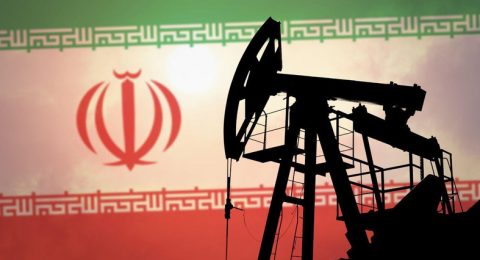In an interview with Energy Intelligence, Saudi Arabia’s energy minister Prince Abdulaziz bin Salman said that OPEC+ alliance will abide by last October production-cuts decision until the end of the year, Reuters reported.
“There are those who continue to think we would adjust the agreement … I say they need to wait until Friday Dec 29 2023 to demonstrate to them our commitment to the current agreement.”
U.S Senate’s NOPEC bill proposal was not the same conceptually as G7’s price caps that have been imposed on Moscow over invasion of Ukraine, but they might have the same effects on the oil market, according to Prince Abdulaziz.
NOPEC bill prohibits a foreign state from engaging in collective action impacting the market, supply, price, or distribution of oil, natural gas, or any other petroleum product in the U.S. Specifically, a foreign state is prohibited from.
Last week, U.S. senators’ reintroduction of NOPEC was not the first time to hear about it, there have several trails over several decades to pass the NOPEC bill.
“The NOPEC bill does not recognize the importance of holding spare capacity and the consequences of not holding spare capacity on market stability,” he said.
The NOPEC bill would undermine investments in oil capacity and cause global supply to fall, he said and any price caps would have a similar effect.
Bin Salman continued emphasizing that NOPEC and any price caps would undermine oil capacity investment and cause decrease in global supply.
The prince said price caps whether imposed on a country or a group of countries would lead to “individual or collective counter-responses with intolerable consequences in the form of massive volatility and instability.”
“If a price cap were to be imposed on Saudi oil exports, we will not sell oil to any country that imposes a price cap on our supply and we will reduce oil production and I would not be surprised if others do the same.”
Prince Abdulaziz also said global demand growth would outpace current global spare capacity while emergency reserves were at a historic low. “That is why it is crucial that policies are put in place to support investments needed to increase spare capacity in a timely manner and that global emergency stocks are maintained at an adequate and comfortable level.”
Despite forecasts for global economic growth, the prince said uncertainty remained on the demand recovery outlook as China opens up after strict zero Covid policies. Another wild card was how aggressively central banks would hike rates to tame inflation, he said.











